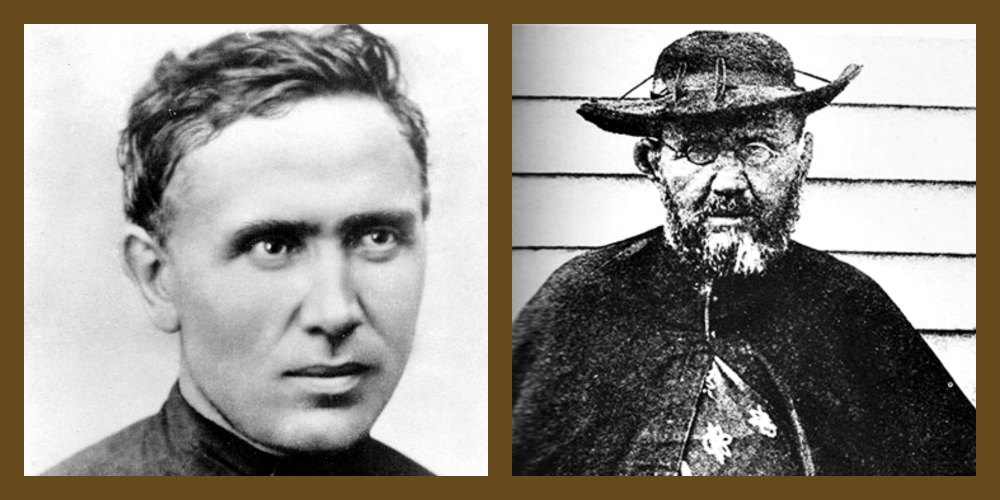A continuation of the Virtue Series
written and submitted by Deacon Jim Krupka
Our path to moral living is shaped by the twin concepts of freedom and intention. We have God-given free will to choose our life and destiny. Everything is not predestined or pre-cooked. We make choices that define who we are within our free will and freedom. In Lewis Carroll’s Alice’s Adventures in Wonderland, Alice is told, “no wise fish would go anywhere without a porpoise.” Most of the time, we don’t give deep thought to the purpose of our acts, but we do them with some intent. Many acts are the product of habits. But at one time, those habits were formed by thoughts that shaped intentions that became the purpose for the acts.
As we contemplate virtue and moral living, we focus on the intentions behind what we do. When we consider an act, fundamental to the goodness of the act is what we want to accomplish by that act. Jesus and the New Testament writers often focused on purpose or intention to determine the virtue behind an act. The lesson they offer is that intention, in a moral sense, is more important than an act in isolation. On Ash Wednesday, in the Gospel, Jesus says, “Take care not to perform righteous deeds in order that people may see them.” Also, “When you give alms, do not blow a trumpet before you.” (Matthew 6:1-6). In that short passage, Jesus describes some excellent acts: prayer, charity, and righteous living. But he focuses on the act’s intent to describe virtue within us. Praying is always good, but there is a big difference between praying to be seen as pious and sincere compared to prayer that may be visible only to God and the person in prayer. The person who gives to charity to gain attention or praise is at a different level of virtue than the person who gives out of love for fellow human beings. The acts are the same, but the intention is different.
Intentions have the dual impact of shaping our acts as well as shaping who we are. The good news is that we are also capable of changing over time. We may begin doing acts of charity or prayer with intentions motivated by vices like pride. Pride can be the intent that causes an excellent act to happen, but the purpose is non-virtuous. But conversion can happen as those good acts become habits that change our intention in doing those things. By building habits of doing good deeds, we move into a life of virtue.
